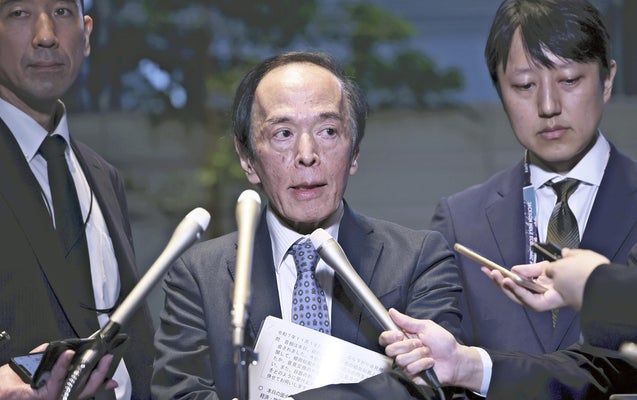Bank of Japan's Governor Ueda has just announced a new policy of rate increases, a move that has received understanding from Japan's Prime Minister. This major financial decision signals a shift towards tightening liquidity in order to manage inflation and stabilize the economy. As of now, there are no details about the timeline; those will likely be forthcoming as onboard monetary committees analyze the market conditions and shape the policy's implementation.
Interest rate adjustments are significant news in Japan, affecting everyone from common citizens to large corporations, as it can influence borrowing costs, liquidity in the market and overall economic health. The public often cares deeply about the impact on personal finances, mortgages, savings, and the general cost of living. Additionally, the alignment between the Central Bank (BoJ) and the national government is scrutinized, symbolizing their united front in tackling economic issues.
Like in the US or the EU, the central bank's decision to alter interest rates is a major financial news event. Central banks in these regions, too, utilize such measures to control inflation and stabilize the economy. However, unlike Japan, the independence of central banks from government influence is more underlined in the West - if a central bank head's decisions line up with a leader's views, it's often coincidental rather than standard.

